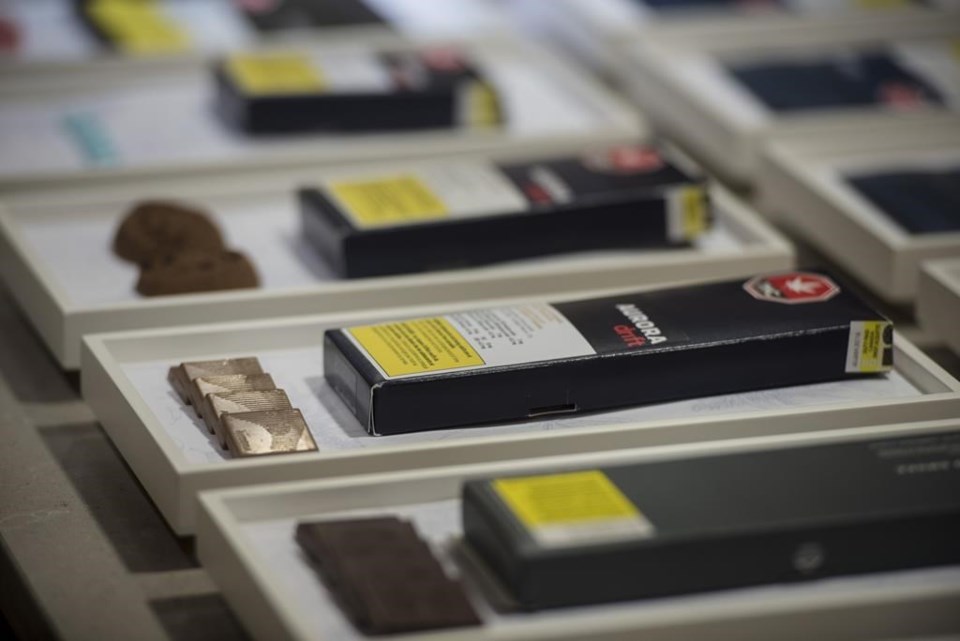Aurora Cannabis Inc. announced Thursday that it has completed a transformation plan delivering $340 million in annualized savings since February 2020, but said it still incurred a $67.2 million net loss in its most recent quarter.
The plan involved an extensive restructuring and several rounds of layoffs and facility closures over the last three years as it contended with shifting COVID-19 measures and grappled with aligning supply and demand.
The Edmonton company's goal was to reach profitability based on adjusted earnings before interest, taxes, depreciation and amortization (EBITDA) by the end of 2022.
The company behind brands like Daily Special, Drift, Greybeard and San Rafael achieved that feat with an adjusted EBITDA of $1.4 million in its second quarter ended Dec. 31 compared with a loss of $7.4 million in its first quarter and $7.1 million in the same period a year ago.
"We are thrilled with where we are, but I would say this is absolutely not the finish line," said Miguel Martin, Aurora's chief executive, on a call with analysts.
Aurora and others in the sector are still contending with an illicit cannabis market that has a significant hold on consumers and grappling with a mismatch between the industry's once-lofty sales expectations and the volumes that have materialized instead.
These pressures contributed to their $67.2 million net loss, compared with a net loss of $75.1 million for the same period in the prior year.
Aurora attributed the smaller loss between the two periods to foreign exchange gains, lower operating expenses and a drop in property, plant and equipment charges.
However, its net revenues were still under pressure during the period ended Dec. 31. They totalled $61.7 million compared with $60.6 million a year before.
Consumer cannabis net revenue was $14.6 million, a two per cent increase from the second quarter of its last financial year.
Medical cannabis revenue fell 14 per cent over the same time period to $39.5 million.
Martin is confident the completed transformation plan will help Canopy navigate the economic pressures of the sector and boost sales in several categories.
"We completed our plan during a period of volatility and uncertainty around the Canadian recreational market," he said.
"The good news is it continues to rationalize, which will give us an added opportunity for market share improvement."
As the company moves forward, he said it will lean on opportunities in Poland, the U.K., Czech Republic and France — markets at varying stages of cannabis acceptance and where he feels "bullish."
However, Canada's medical market remains Aurora's star.
"Canada is a hard market. They are all sort of hard, but the reason (Canadian medical) is so sticky is that we made really significant investments in this," Martin said.
"We have been in it a long time and we think we are pretty good at it."
He estimates Aurora has about a 25 per cent share of Canada's medical market with its next closest competitor trailing at nine per cent.
However, in other markets like Germany, rivals moved even more quickly, so Martin feels it might be a longer process to nab a bigger share of the sales.
"It's not always that first-mover status matters, but it takes more time."
This report by The Canadian Press was first published Feb. 9, 2023.
Companies in this story: (TSX:ACB)
Tara Deschamps, The Canadian Press




